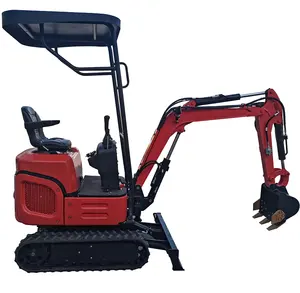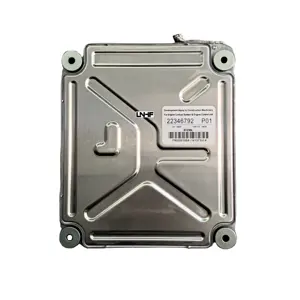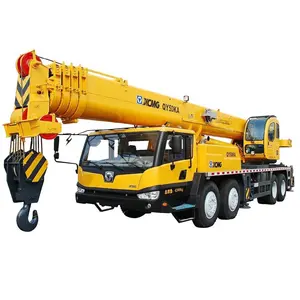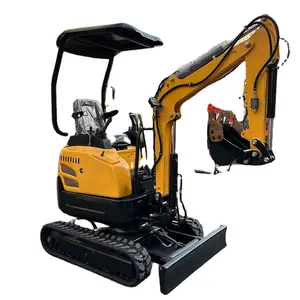Popular in your industry


































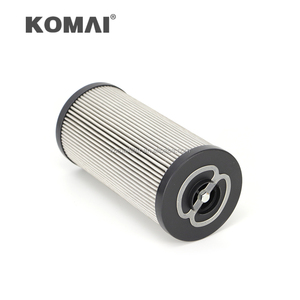



















Top categories
About jcb brakes
JCB brakes are a crucial part of any JCB vehicle. They ensure the safety of the driver and the vehicle. The brakes are a combination of multiple components, such as the brake pads, discs, drums, and fluid. Each of these components plays a vital role in the overall functioning of the brake system. The brake pads are the parts of the brake that create friction when pressed against the rotors or drums, thus slowing down or stopping the vehicle. The brake discs are the flat, round metal components that the brake pads press against.
How do JCB brakes work?
When the driver presses the brake pedal, the hydraulic system transmits the force to the brake pads. The brake pads then press against the brake discs or drums, creating friction. This friction converts the kinetic energy of the moving vehicle into heat, slowing down or stopping the vehicle. The JCB brake fluid plays a crucial role in this process by transferring the force from the brake pedal to the brake pads. It is a non-compressible fluid that ensures the force applied by the driver is directly transmitted to the brakes. The brake fluid also plays a role in lubricating the various components of the brake system, preventing corrosion and ensuring smooth operation. Like any other vehicle component, JCB brakes also require regular maintenance to ensure optimal performance and safety.
How to maintain JCB brakes?
The JCB brake pads are the components that directly create friction with the rotors or drums to slow down or stop the vehicle. Over time, the brake pads wear out due to this friction and need replacement. As a rule of thumb, brake pads should be replaced when the friction material thickness reaches 2mm. Regular inspection of the brake pads can help identify any signs of wear, such as squealing or grinding noises while braking or reduced brake performance. In addition to the brake pads, the JCB brake oil should also be regularly checked and replaced as part of the brake maintenance. Brake oil absorbs moisture over time, reducing its effectiveness and potentially causing corrosion in the brake system. It is recommended to flush and replace the brake fluid every 2 years to ensure optimal performance and longevity of the brake system.
How to troubleshoot JCB brakes?
Some common signs of JCB 3C brakes issues include squealing or grinding noises while braking, a spongy or soft brake pedal, vibrations or pulsations felt through the brake pedal, and a longer stopping distance. If any of these signs are present, it is essential to have the brakes inspected by a qualified technician. Brakes are a critical safety component of any vehicle, and addressing any issues promptly is crucial for the safety of the driver and others on the road.

